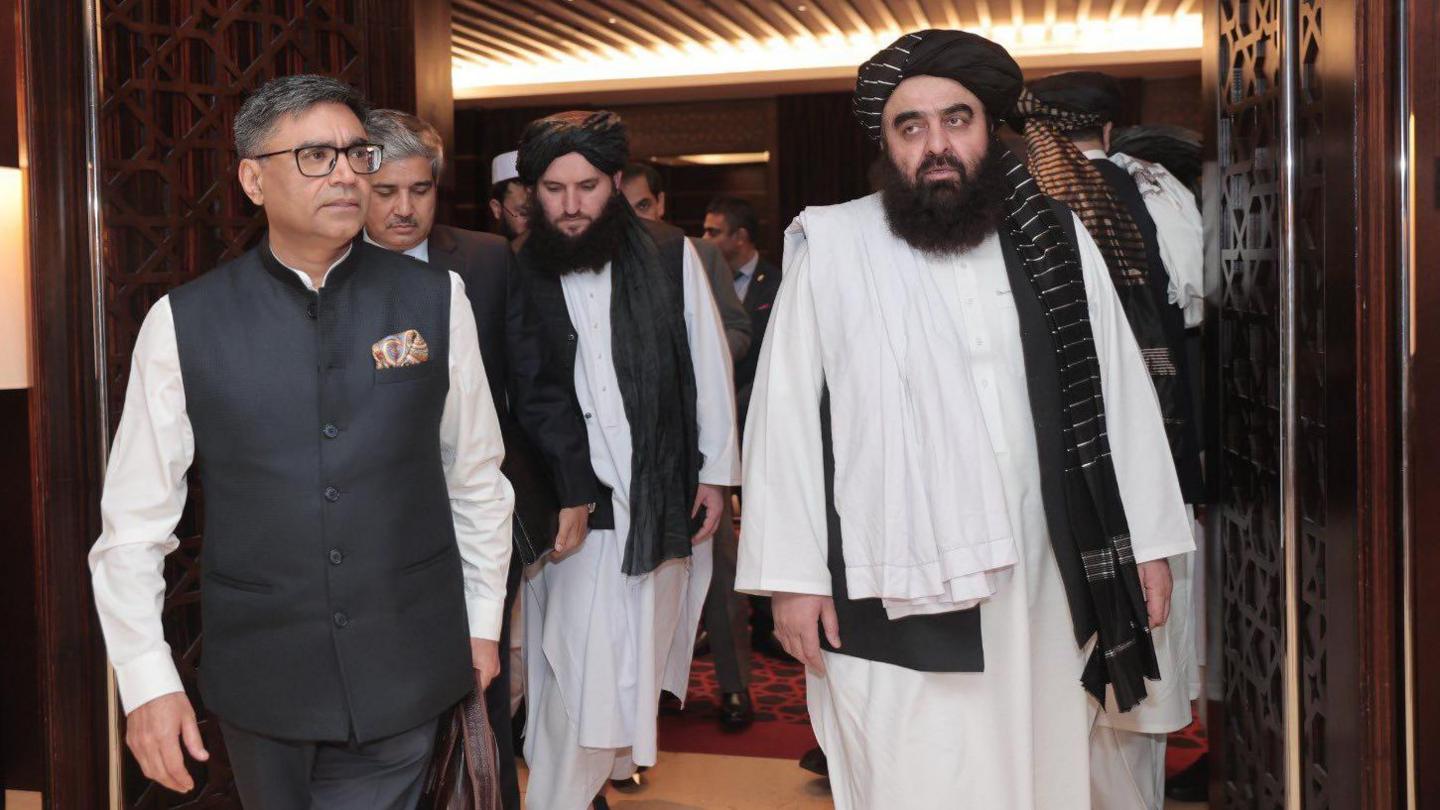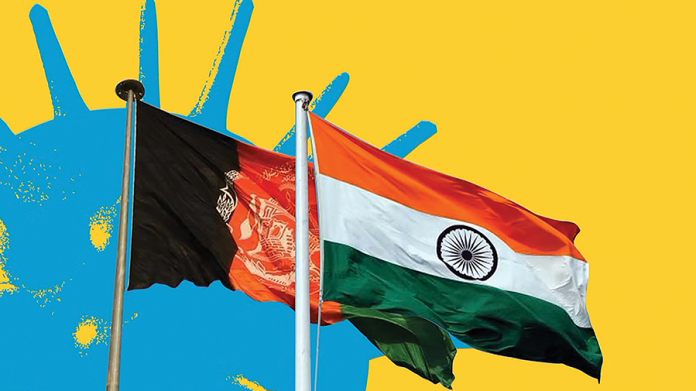- Pakistan’s deep state establishment has always nurtured anti-Indian elements within Afghanistan, inimical to our interests. Pakistan’s notorious ISI is at the forefront of cultivating anti-India sentiment by creating a false narrative palatable for the medieval and fundamentalist Taliban. The Indian think tank was always concerned about this aspect that would have further challenged the security apparatus handling Pakistani-sponsored terrorists and Afghan mercenaries fomenting trouble in the Kashmir valley. However, with the advent of the Taliban in Afghanistan soon after the US pulled out, it hasn’t gone as per the script prepared by the Pakistani establishment. The present Taliban government in Afghanistan is not playing the game as desired by Pakistan.

PC: BBC
- There lies the catch for the Pakistani deep state and an opening for the Indian think tank to explore opportunities in building up a friendly outreach, becoming handy when it matters most. Soon after the Pahalgam terrorist attack, the Indian government’s approach to the Taliban must be construed as a smart tactical move. New Delhi is reaching out to Kabul to highlight Islamabad’s links with the Pahalgam attack, prompting the Taliban regime to offer condemnation of the heinous killings and call for action against the perpetrators. This should have the Pakistani generals in Rawalpindi GHQ worried for sure. After all, the Pakistani ISI-military establishment has long fretted about an Indian strategic pincer assault from both its eastern and western wings.

PC: Mint
- We know that Islamabad is having a tough time with Kabul after the Taliban’s return in 2021, thanks to the Tehreek-e-Taliban Pakistan insurgency. A tactical convergence between India and Afghanistan will put Pakistan under tremendous pressure. Remember, historically, India and Afghanistan have always enjoyed a harmonious and friendly relationship bolstered by trade, cultural, and traditional exchanges for centuries. Of course, Pakistan has tried to cultivate Afghanistan as a strategic depth in the event of a conflict with India for decades. That in turn subverted Afghanistan’s aspirations and stymied its development. Additionally, there are some differences between the current Taliban regime and its previous avatar.
 PC: Arab News
PC: Arab News
The latter was isolationist, whereas the former has been actively seeking foreign investments and, to a limited degree, even tourism. In other words, Taliban 2.0 knows that it can’t be a carbon copy of its earlier version. Nor can it have the same relationship with Pakistan as before. That said, some things continue to be problematic, like the ban on secondary and higher education for Afghan girls and the ban on Afghan women from working. Also, the Taliban is not a monolith enjoying support from everyone. There are different factions, with some continuing to work with Pakistani agencies. New Delhi must find the right people to work with in the Taliban establishment. Pakistan must be made to sweat by strategically outflanking it from the west. Offense must come from every corner.






